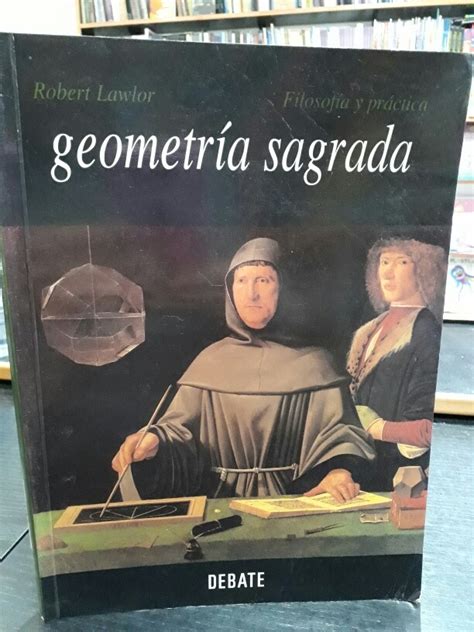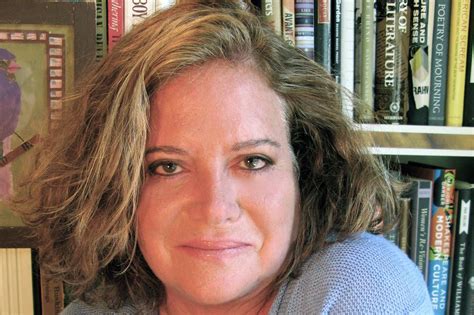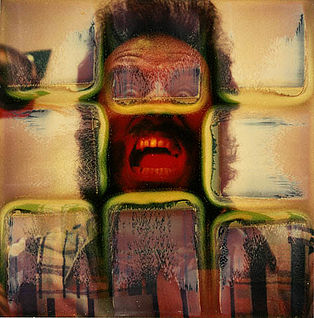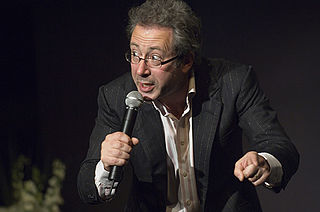A Quote by Herbert Read
An enormous amount of art and literature is erotic in the sense that it stimulates vague sexual emotions, but it has no pornographic intention or effect because "it leaves everything to the imagination." The consumer has to invent his own images, and it is felt, I do not know with what justification, that there is no harm in this.
Related Quotes
Pornographic or erotic stories and pictures are worse than filthy or polluted food. The body has defenses to rid itself of unwholesome food. With a few fatal exceptions, bad food will only make you sick but do no permanent harm. In contrast, a person who feasts upon filthy stories or pornographic or erotic pictures and literature records them in this marvelous retrieval system we call a brain. The brain won't vomit back filth. Once recorded, it will always remain subject to recall, flashing its perverted images across your mind and drawing you away from the wholesome things in life.
In our modern society the image and mythic process has been taken over by corporations that directly control advertising and, indirectly, the entertainment industry. Powerful erotic images are used for the sole purpose of selling consumer products; the side effects of this commercialization have a profound impact on the sexual imagination and identity of vast numbers of people.
In literary representation, the distinction between the genuinely erotic and the licentious is a distinction not of subject-matter, but of perspective. The genuinely erotic work is one which invites the reader to re-create in imagination the first-person point of view of someone party to an erotic encounter. The pornographic work retains as a rule the third-person perspective of the voyeuristic observer.
I know now that he who hopes to be universal in his art must plant in his own soil. Great art is like a tree, which grows in a particular place and has a trunk, leaves, blossoms, boughs, fruit, and roots of its own. The more native art is, the more it belongs to the entire world, because taste is rooted in nature. When art is true, it is one with nature. This is the secret of primitive art and also of the art of the mastersMichelangelo, Czanne, Seurat, and Renoir. The secret of my best work is that it is Mexican.
I think imagination is at the heart of everything we do. Scientific discoveries couldn't have happened without imagination. Art, music, and literature couldn't exist without imagination. And so anything that strengthens imagination, and reading certainly does that, can help us for the rest of our lives.
A great emotion is too selfish ; it takes into itself all the blood of the spirit, and the congestion leaves the hands too cold to write. Three sorts of emotion produce great poetry - strong but quick emotions, seized upon for art as soon as they have passed, but not before they have passed ; strong and deep emotions in their remembrance along time after ; and false emotions, that is to say, emotions felt in the intellect. Not insincerity, but a translated sincerity, is the basis of all art.
Secrecy fuels erotic intensity because it makes you feel like you're doing something that is entirely yours. It gives you the sense of autonomy, the sense of freedom, and the sense of sovereignty. And then you add to that the sexual energy. In many affairs, people will tell you they slept with the person three or four times, but the story went on for months. That's an important thing because many people who have affairs often have very good sexual relationships at home. It's not necessarily a compensation story. But affairs offer a different sexuality with a different context.
Any closer would unravel her mystery, the very thing which made her so truly beautiful...It was her mystery that he adored. He was in love with everything that he did not know about her... No real sexual encounter could ever match the secret one that he could nurture in his imagination... No living flesh could ever be the erotic equal of flesh kept private, untouchable and unknowable
Historical fiction was not - and is not - meant to supplant literature from the period it describes. As a veteran of the Crimea, Tolstoy wrote 'War and Peace' to match his own internal sense of the truth of the Napoleonic wars, to dramatize what he felt literature from that period had failed to describe.







































